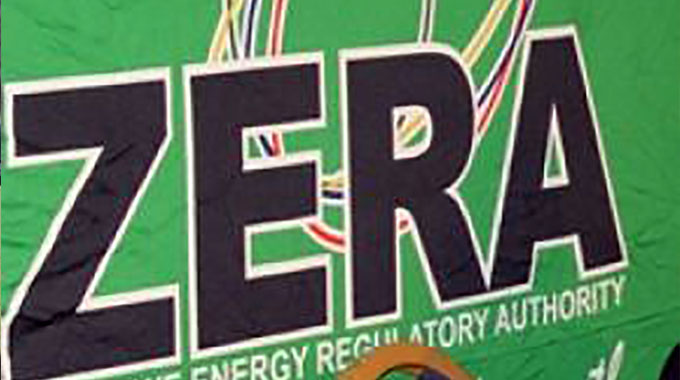Power imports gobble US$1,2bn+ in 10 years…a case for supporting local IPPs

Prosper Ndlovu, Business Editor
ZIMBABWE has paid an excess of US$1,2 billion towards power imports in the last 10 years amid calls by the power utility, Zesa, for Government to consider channelling these resources to facilitate the offtake of new energy projects by local Independent Power Producers (IPPS).
While IPPs play a progressive role in boosting electricity supplies in many countries, Energy and Power Development Minister, Soda Zhemu, is on record saying in Zimbabwe most of the planned IPPs investments have failed to take off due to funding constraints as players fail to get suitors.
Since 2010, the Zimbabwe Energy Regulatory Authority (Zera) has licensed over 70 IPPs to establish electricity generation plants across the country, with estimated output of over 6 000MW combined.

However, a few small projects are operational and only producing little at a time the country is experiencing serious electricity deficit.
In the absence of IPPs, Zimbabwe’s power generation is currently at 1 300MW, mainly from the Zimbabwe Power Company (ZPC), which is the major producer, with demand hovering at average 1 750MW, according to official statistics.
The service gap has resulted in continued power cuts, which industry leaders partly blame for frustrating production amid costly imports from regional producers, which drain scarce forex resources from the economy.
The power imports are mainly sourced from regional state-owned utilities and IPPs.
“In the past 10 years alone, we have paid excess of US$1,2 billion in power imports and last year we used up to US$224 million,” Zesa internal consultant responsible for international business, Engineer Cletus Nyachowe, said in an interview.
“As Zesa we have been saying these power imports are not only coming from utilities in the region but particularly from IPPS in other countries.
“Our argument is that why can’t we channel these resources to our own local IPPs? And if we can do that to our own producers, there will be huge impact as they would generate and supply power locally.”
Eng Nyachowe, who represented Zesa executive chairman, Dr Sydney Gata, during last week’s Chamber of Mines of Zimbabwe Conference in Victoria Falls, earlier told delegates that the successful growth of the IPPs sector requires policy fine-tuning, which the Government has pledged to address.

Zesa executive chairman, Dr Sydney Gata
“Under NDS1 (National Development Strategy) IPPs are expected to generate 500MW by 2025 and the Government is looking into this to give investors assurance.
“Most of these IPPs have signed power purchase agreements with the ZEDTC (Zimbabwe Electricity Distribution and Transmission Company) in US-dollars but the actual payments are in RTGS terms at the prevailing exchange rate,” said Dr Nyachowe.
“This has become a major challenge as to why these projects are not taking off and the Government is addressing that.
We appeal to the Government to speed up this policy issue on this matter so as to unlock wider potential from the IPPs.”
The engineer said the full-scale operations of IPPs would not only help ease power supply burden from Zesa, but impact positively on the regionally starved grid.
He said the power utility also stands to benefit more from such projects as the sole provider of transmission infrastructure.
In line with Vision 2030, Government has mandated IPPS to contribute close to 40 percent of the targeted 11 500MW that the country needs in order to attain an upper middle-income economy status where electricity, among other services, should be readily available and accessible to all citizens.
Meanwhile, the Government has outlined a comprehensive roadmap to tame power generation/supply deficit so as to bolster efficient industry operations as well as facilitating speedy connection of 305 000 backlog of domestic customers.
The measures include life extension and rehabilitation of ageing thermal plants, speeding up completion of the 600MW Hwange Units 7 and 8 expansion and securing more imports as a stopgap solution.










Comments